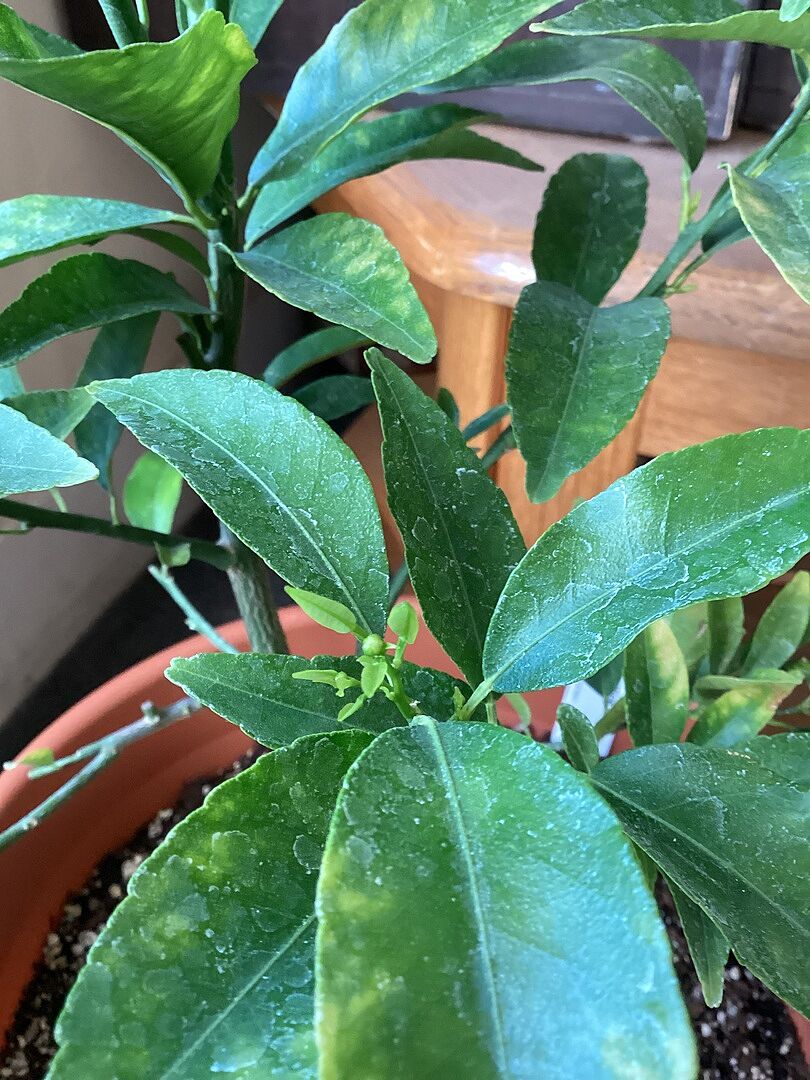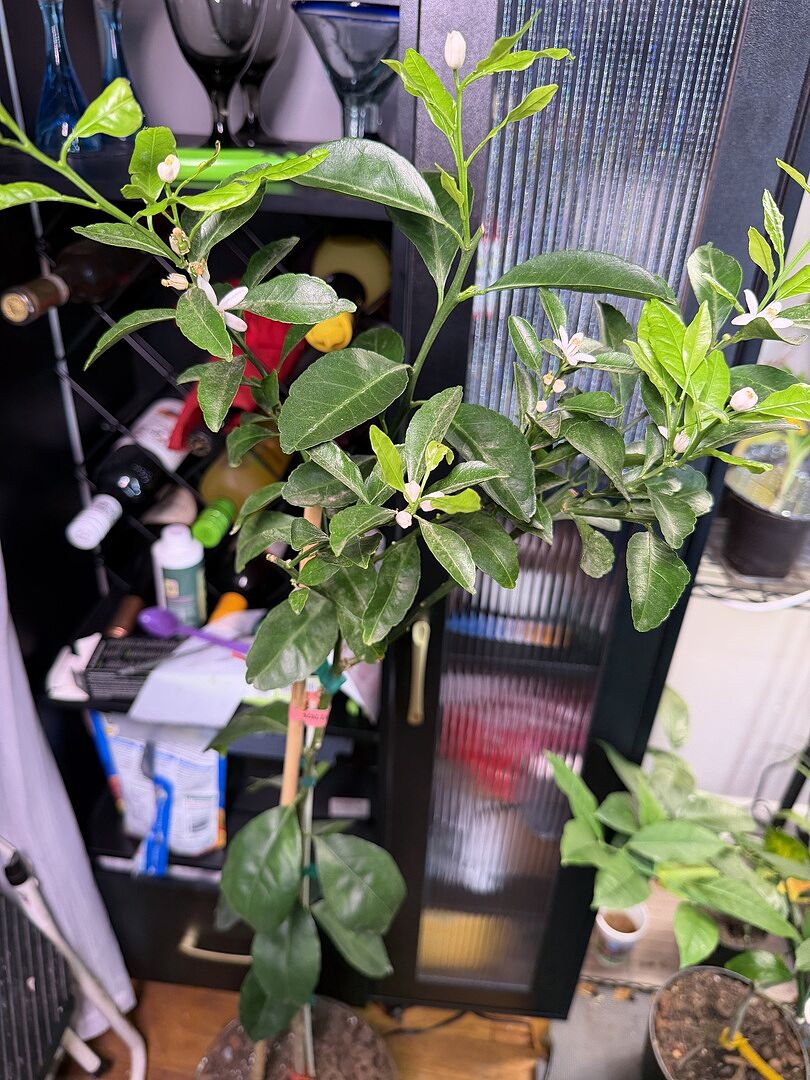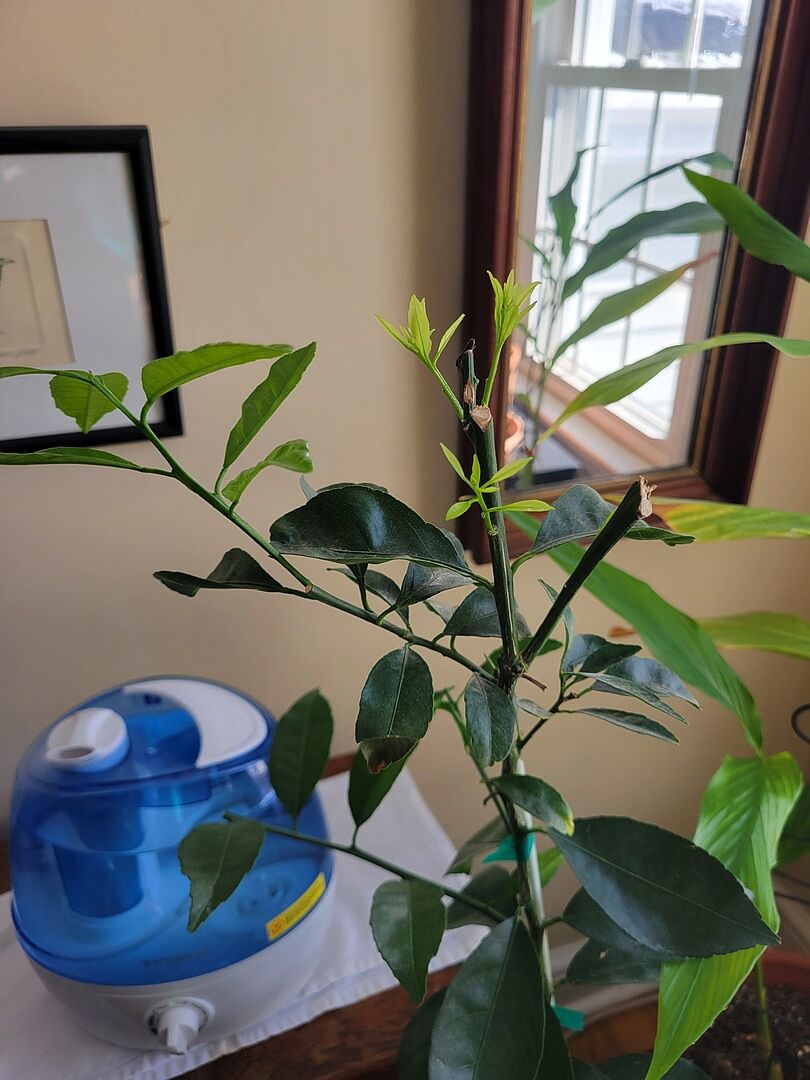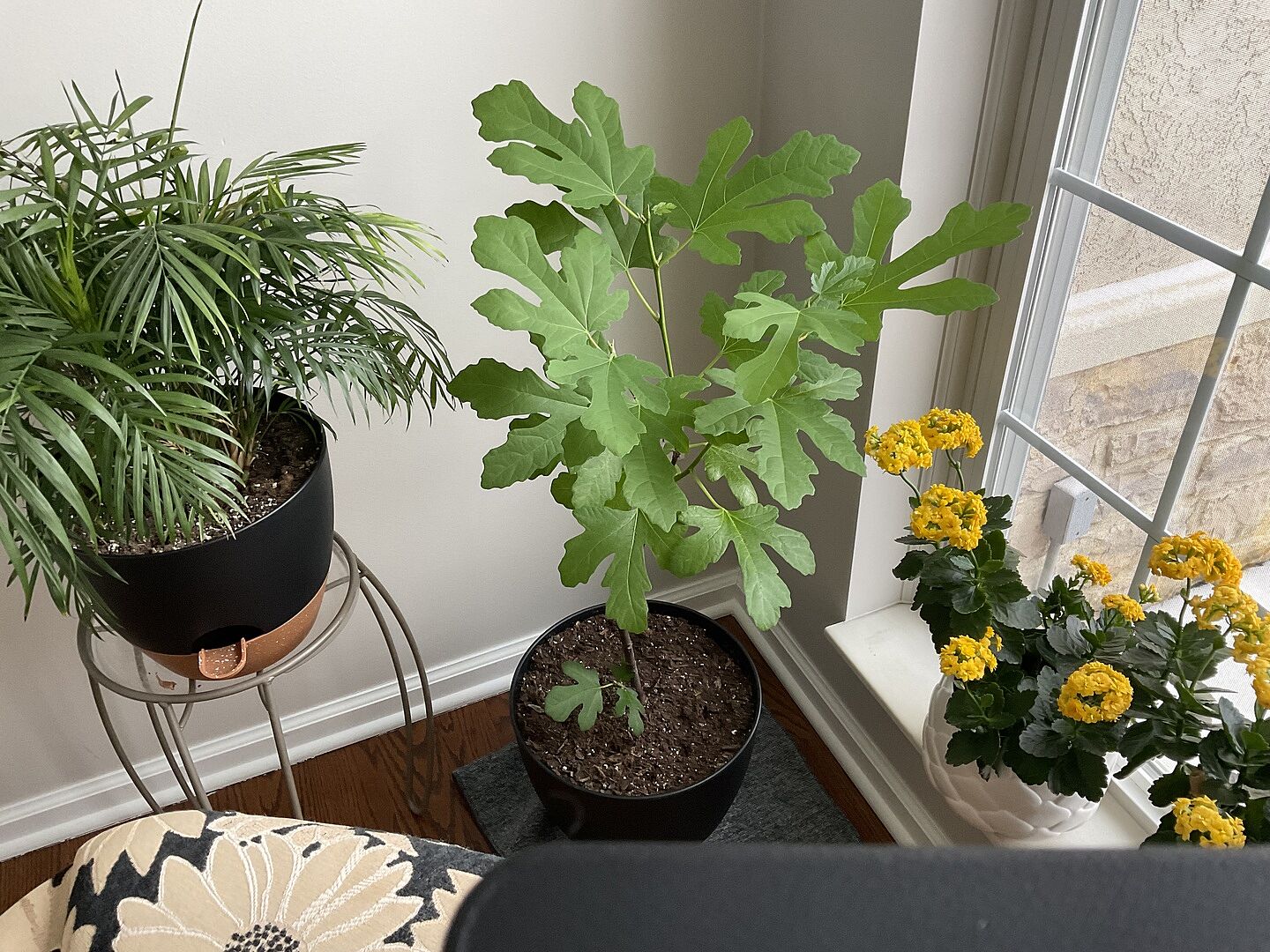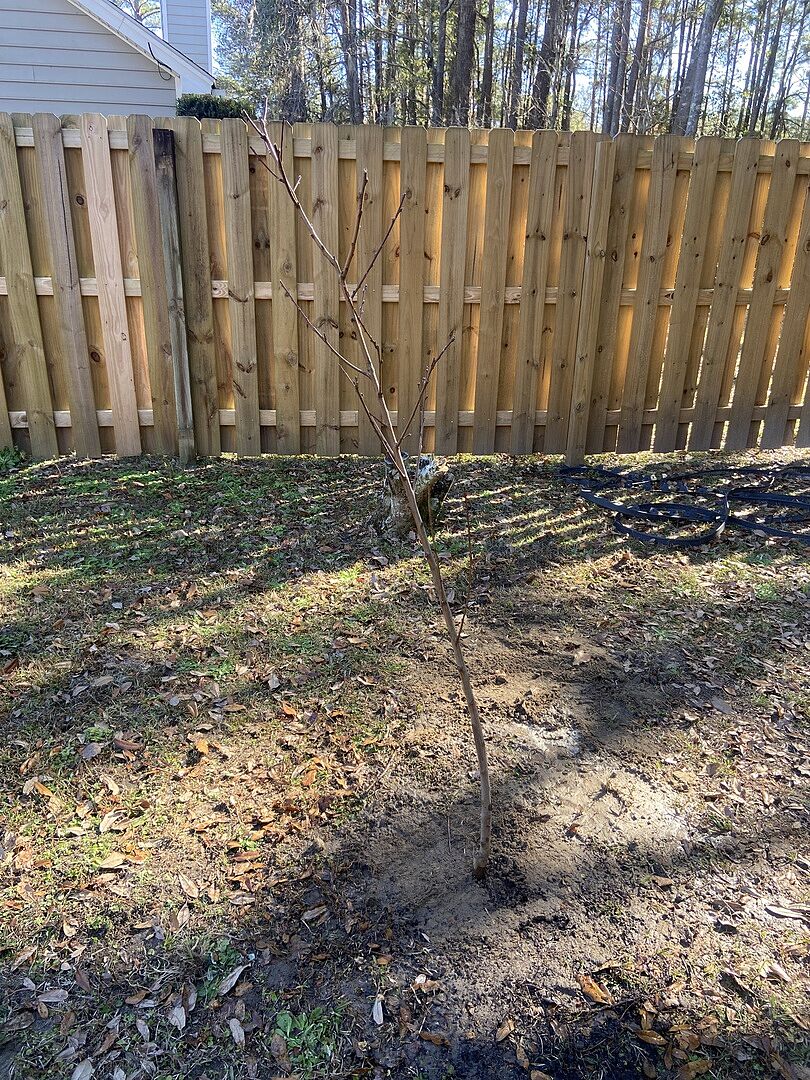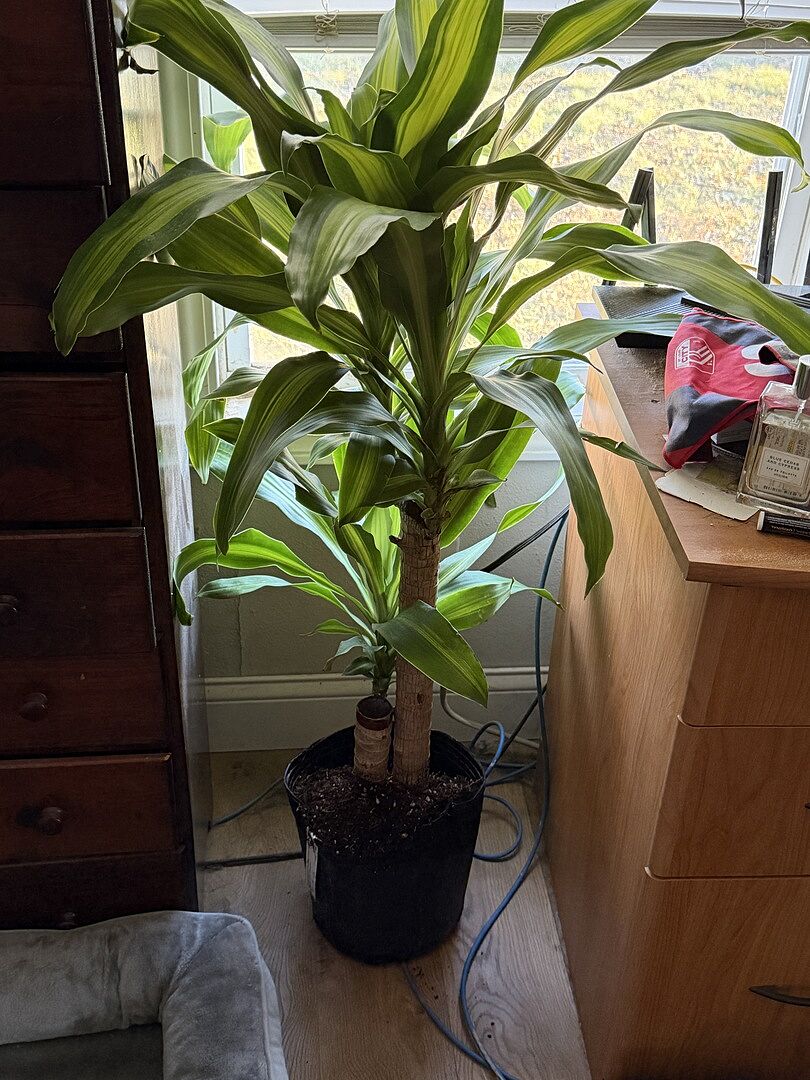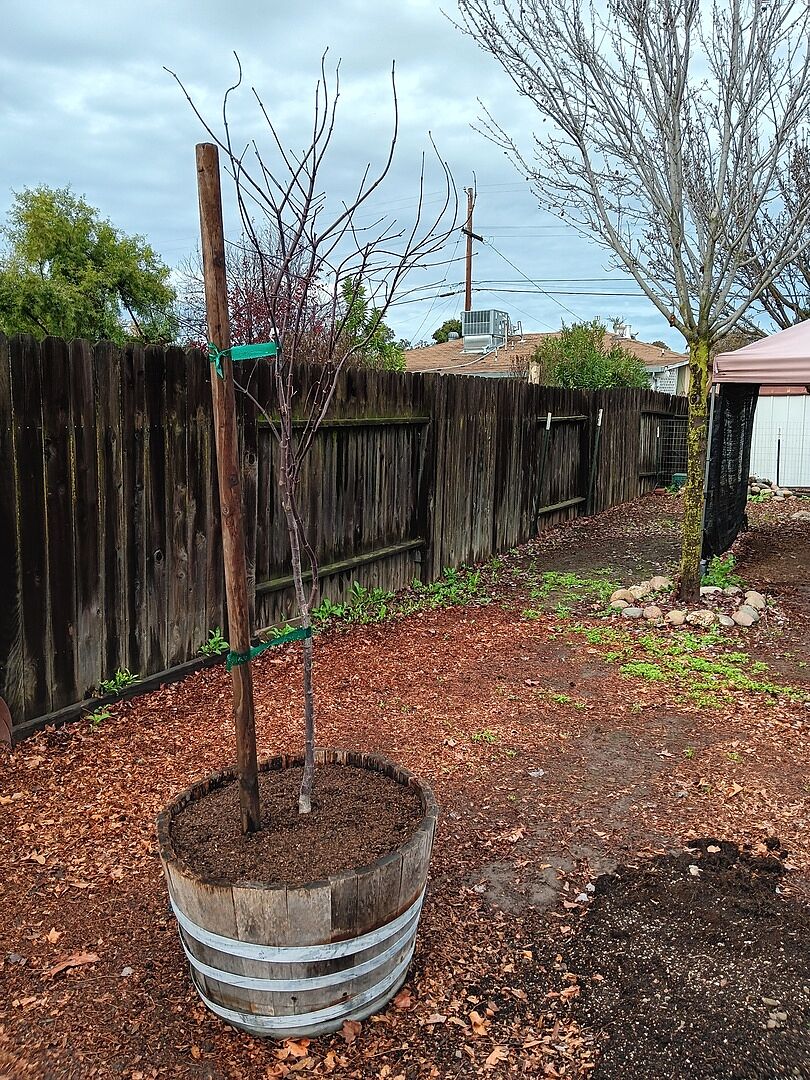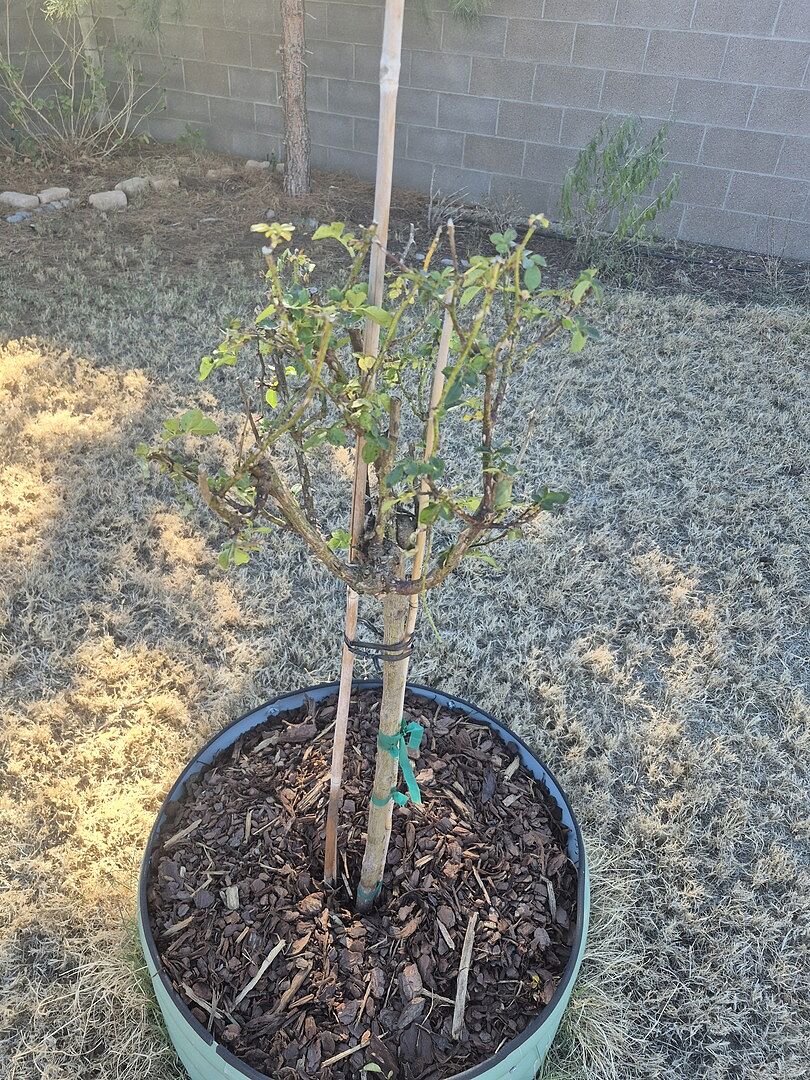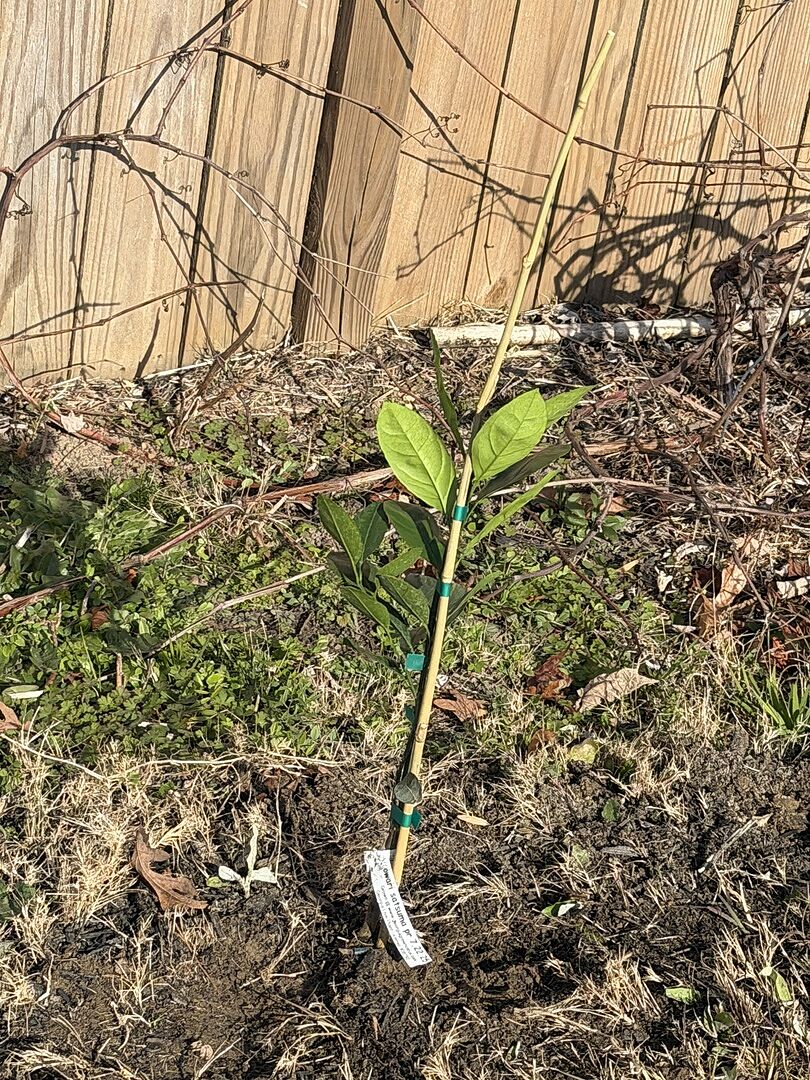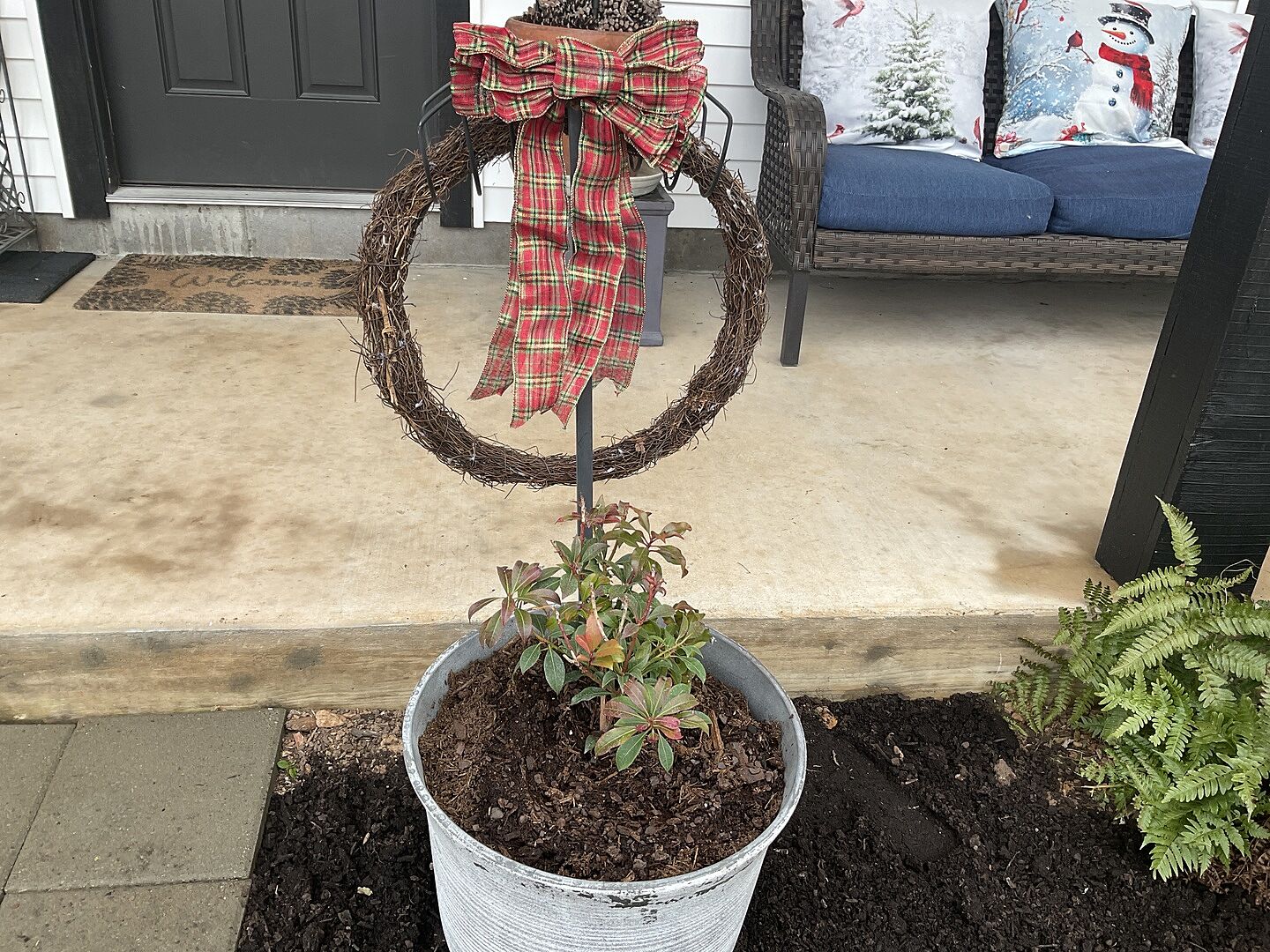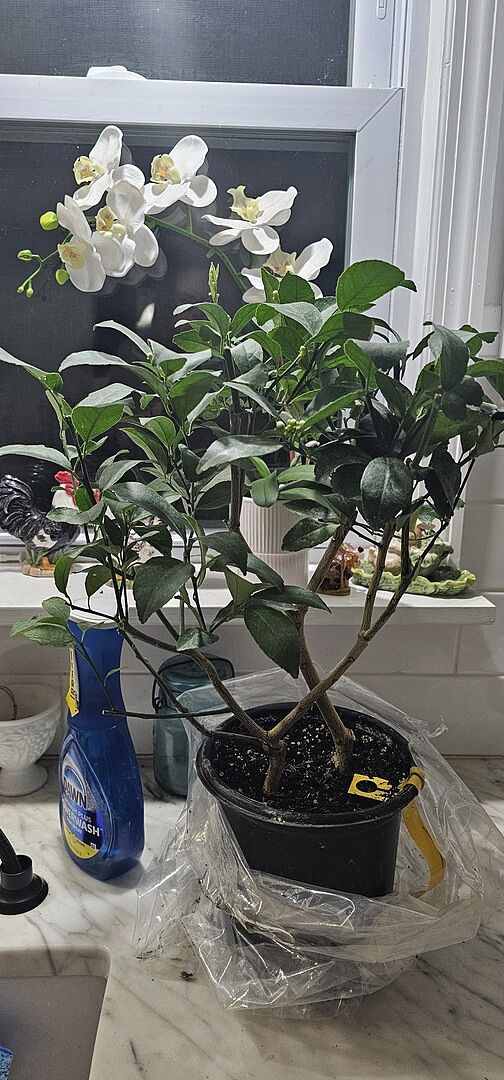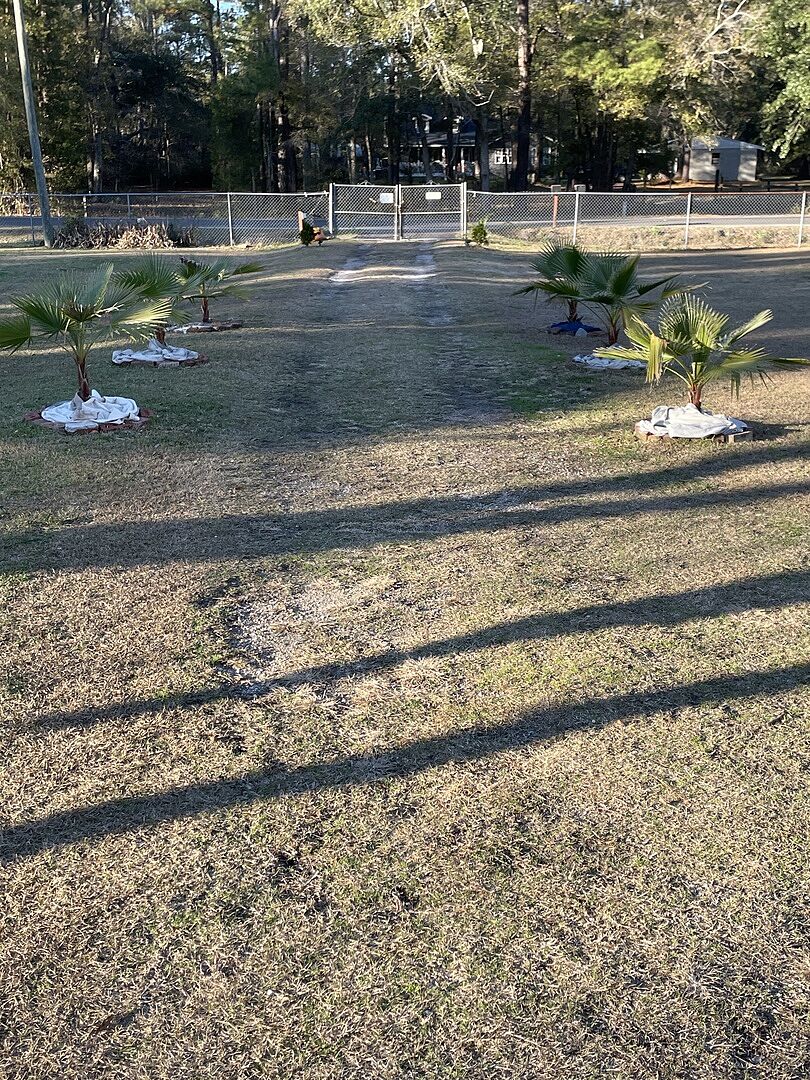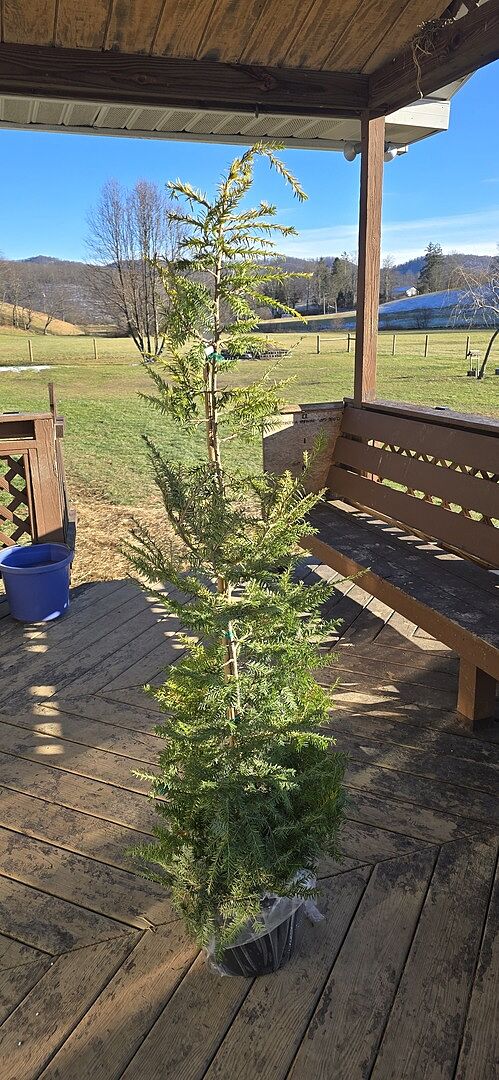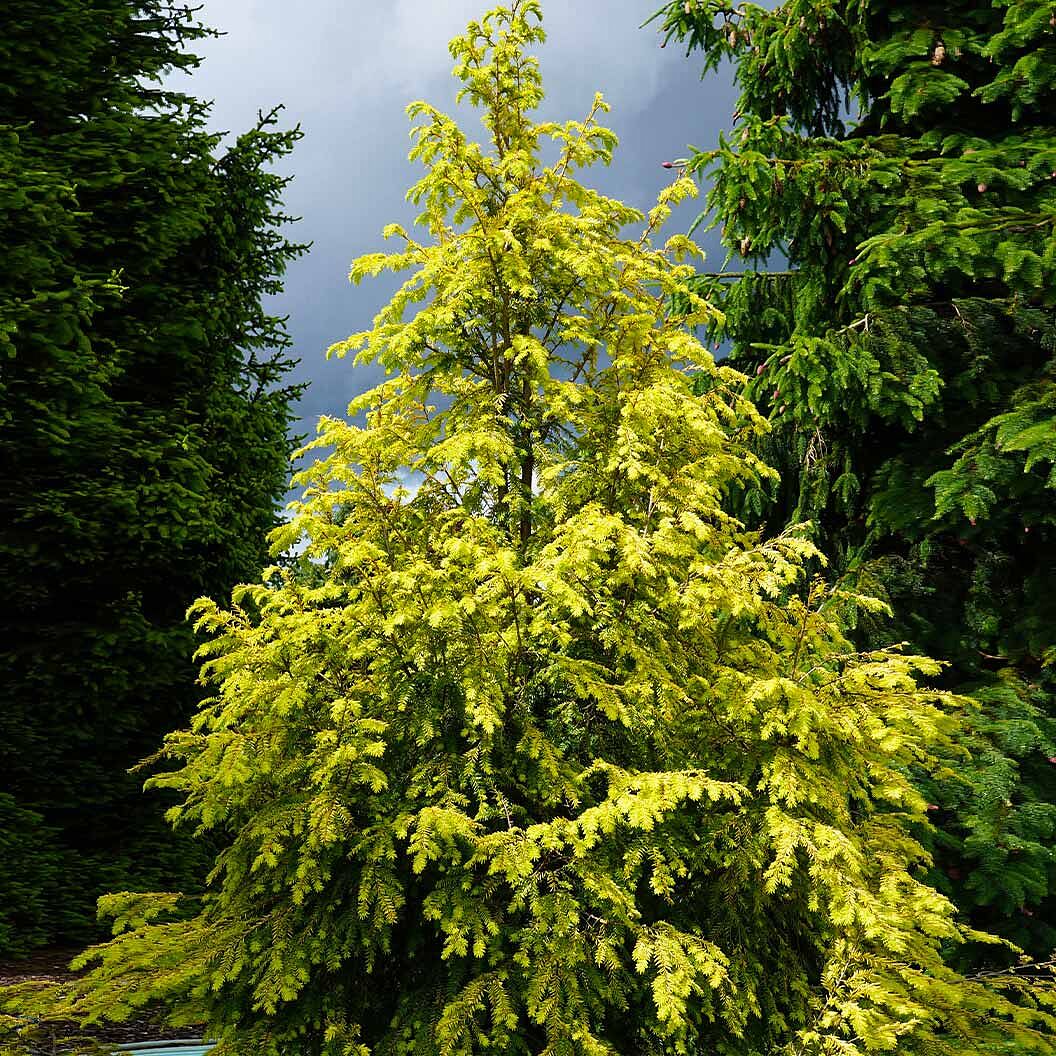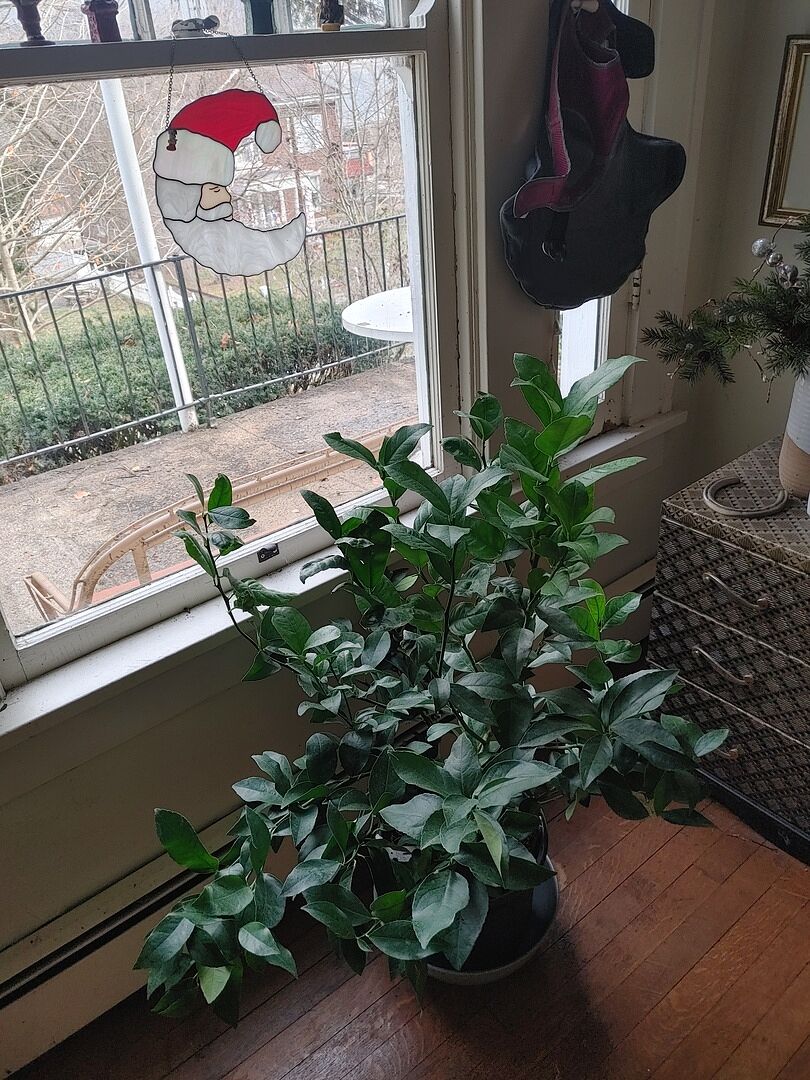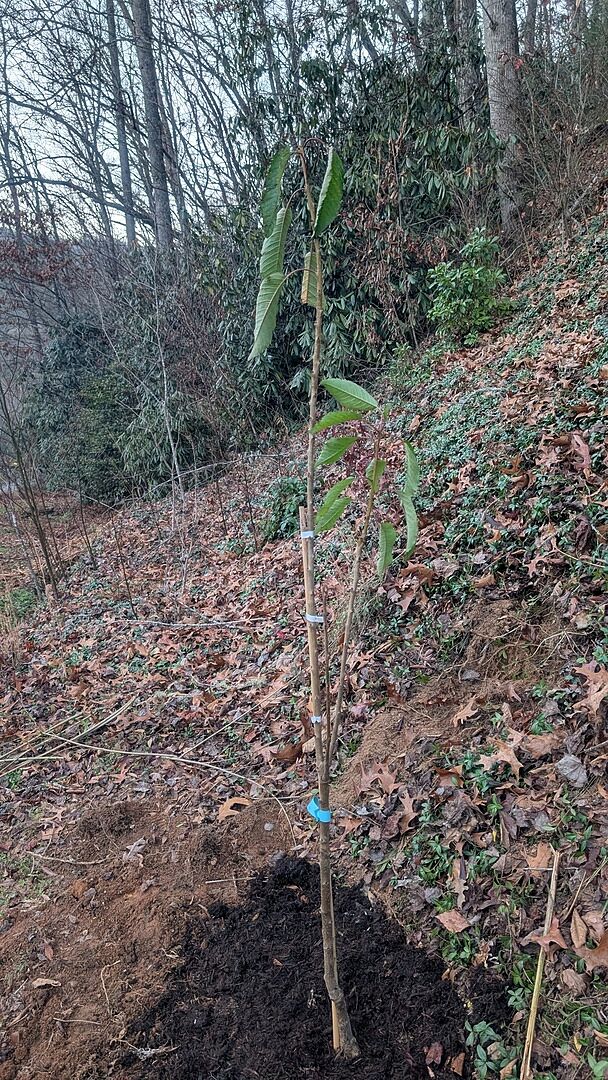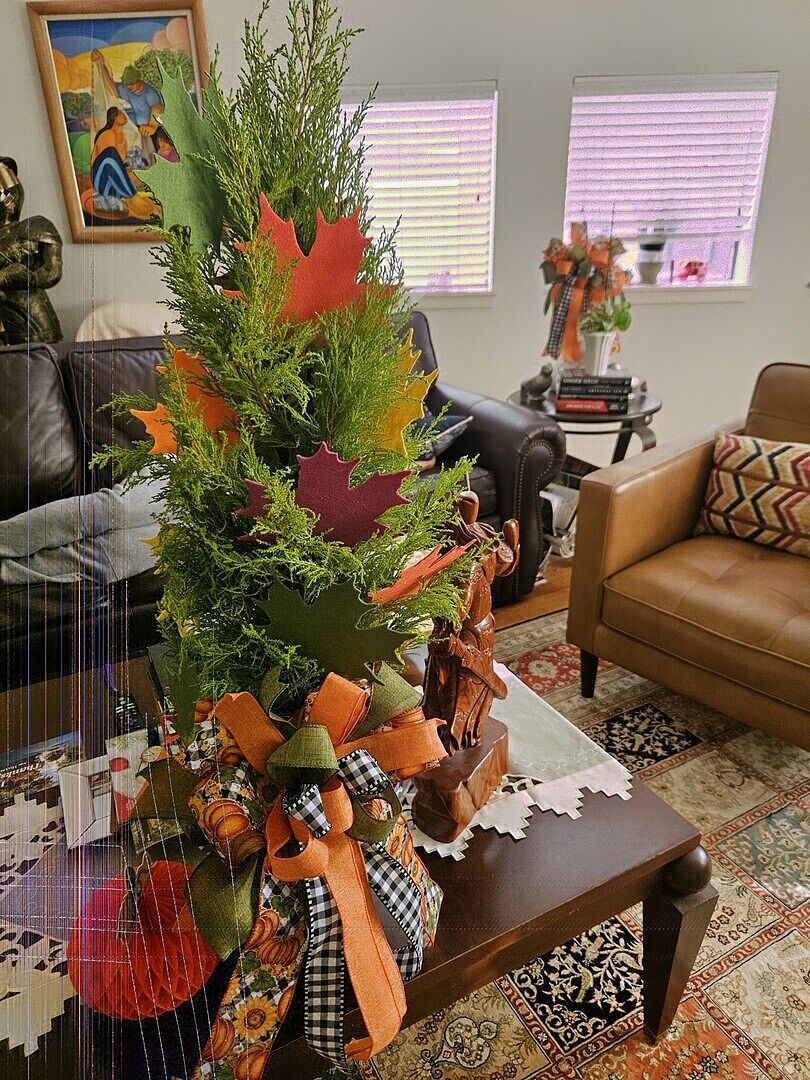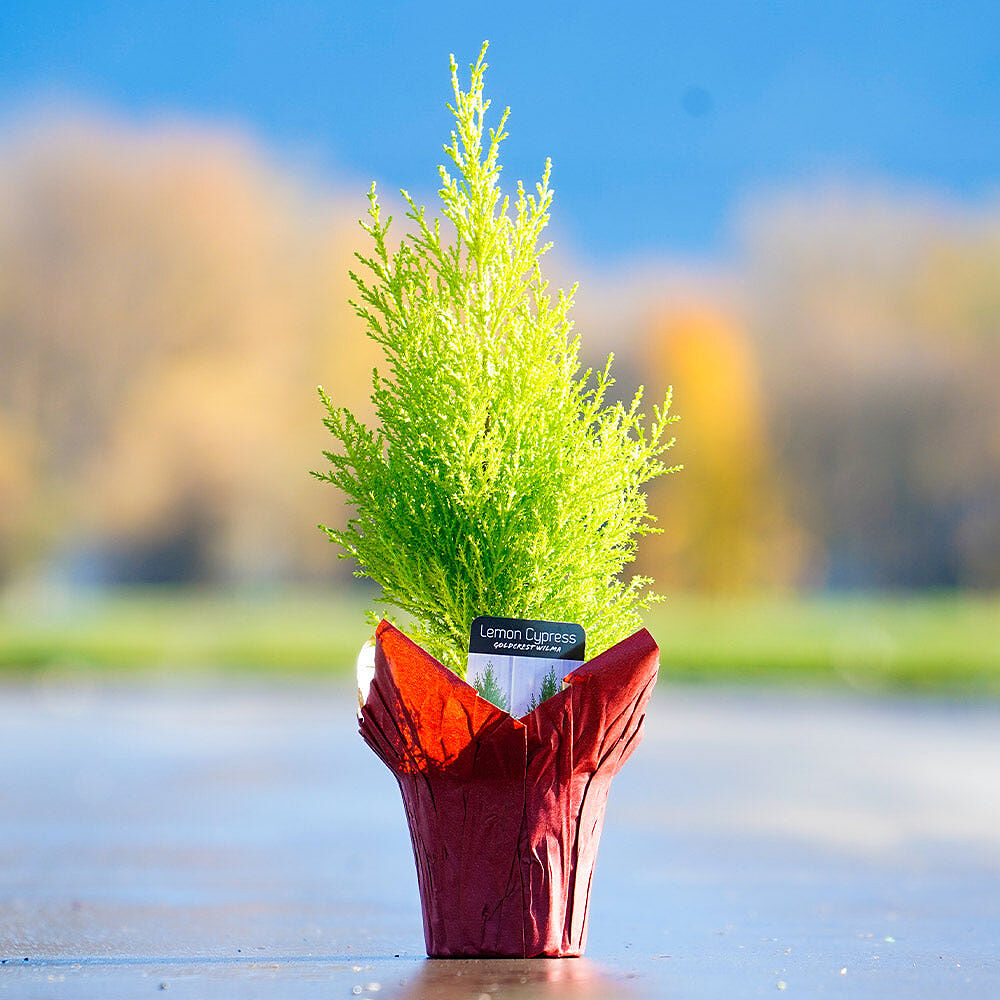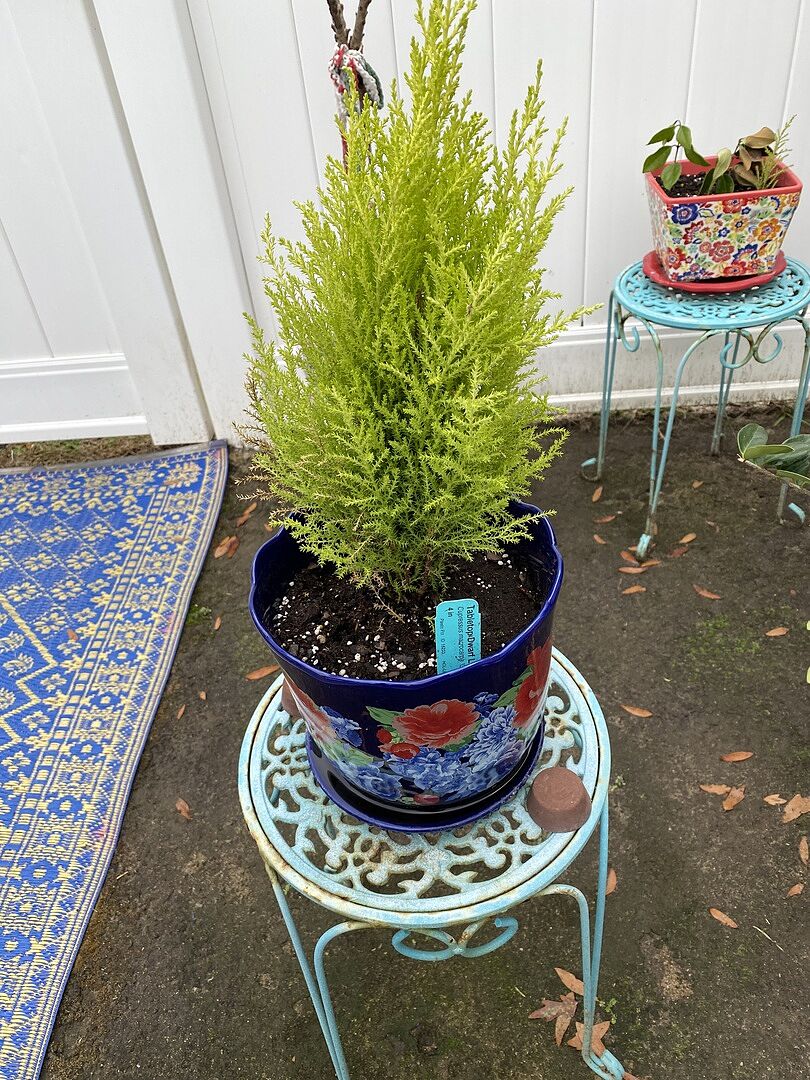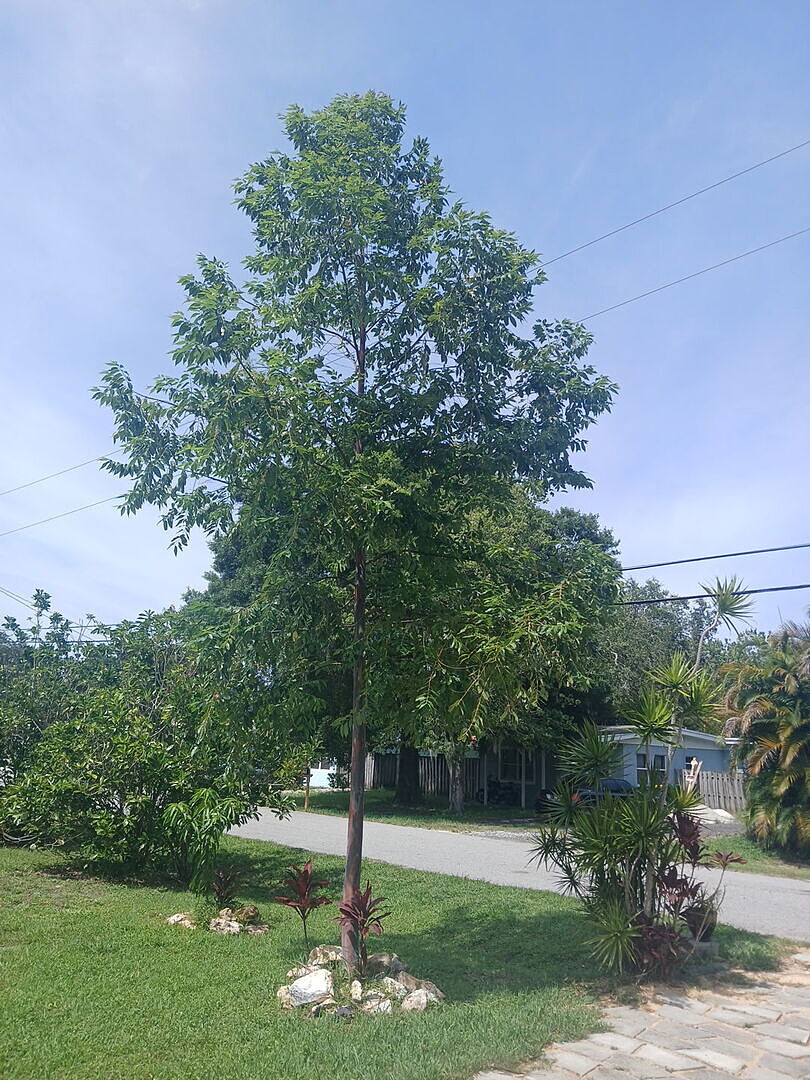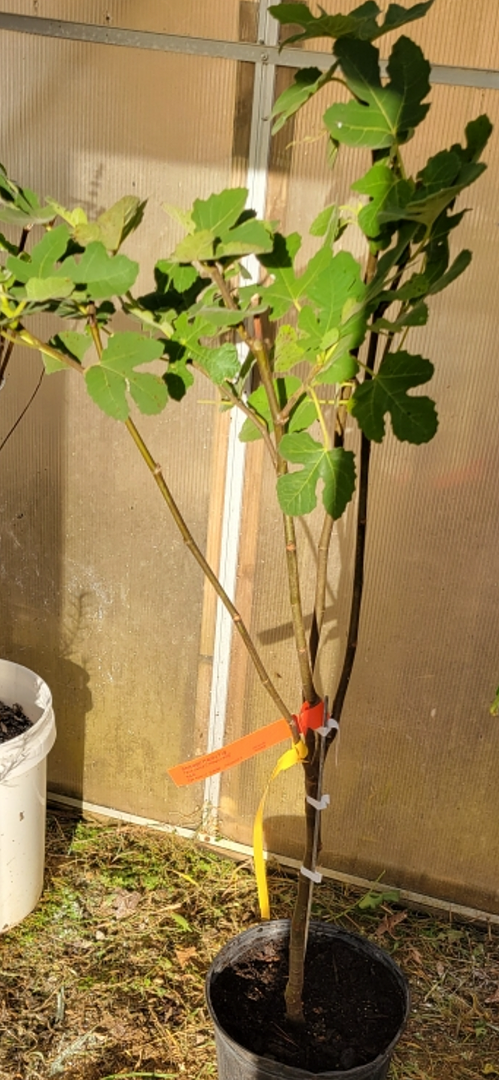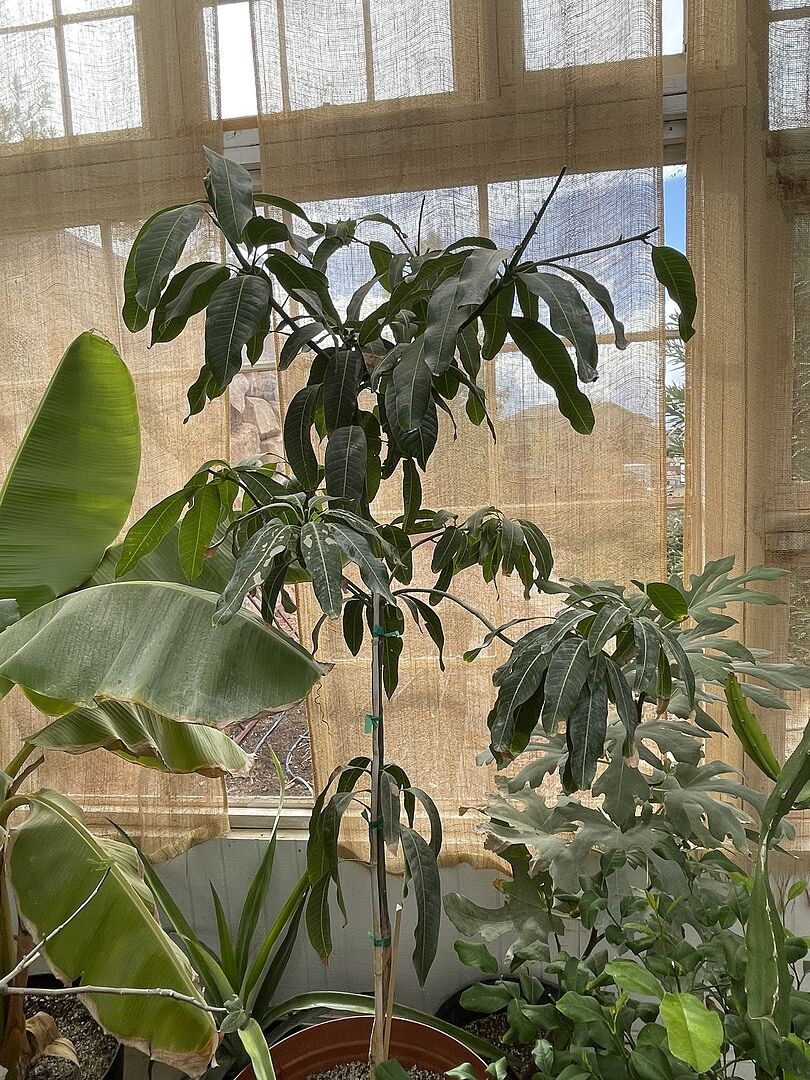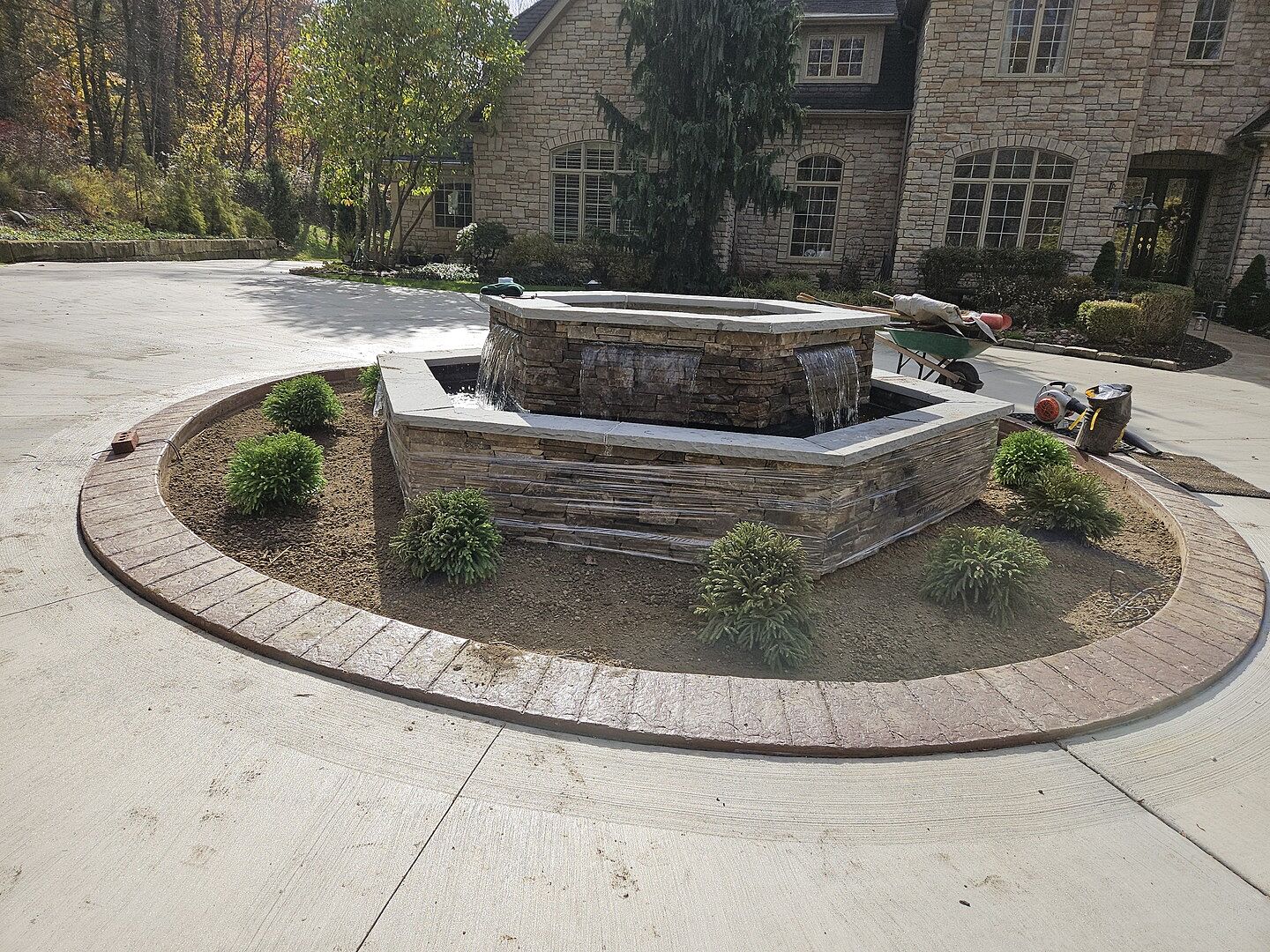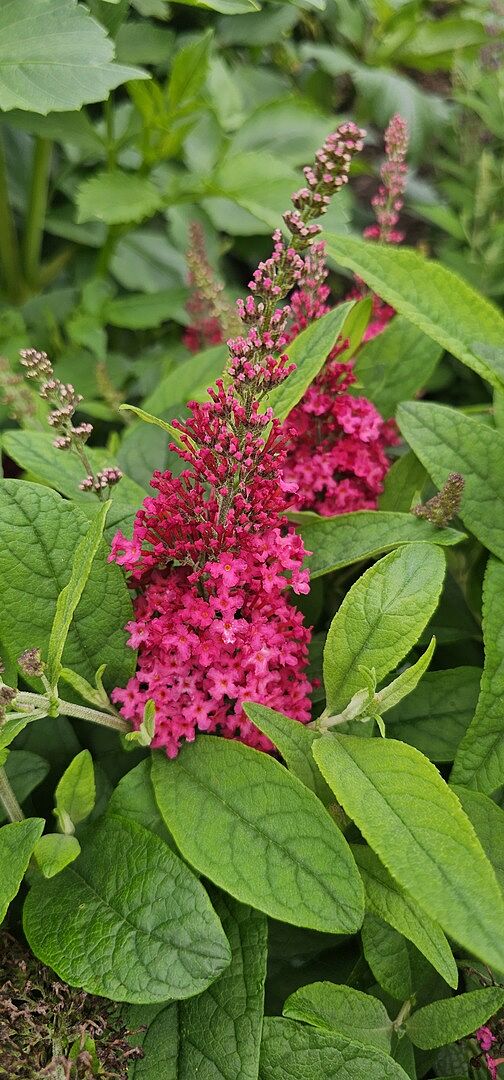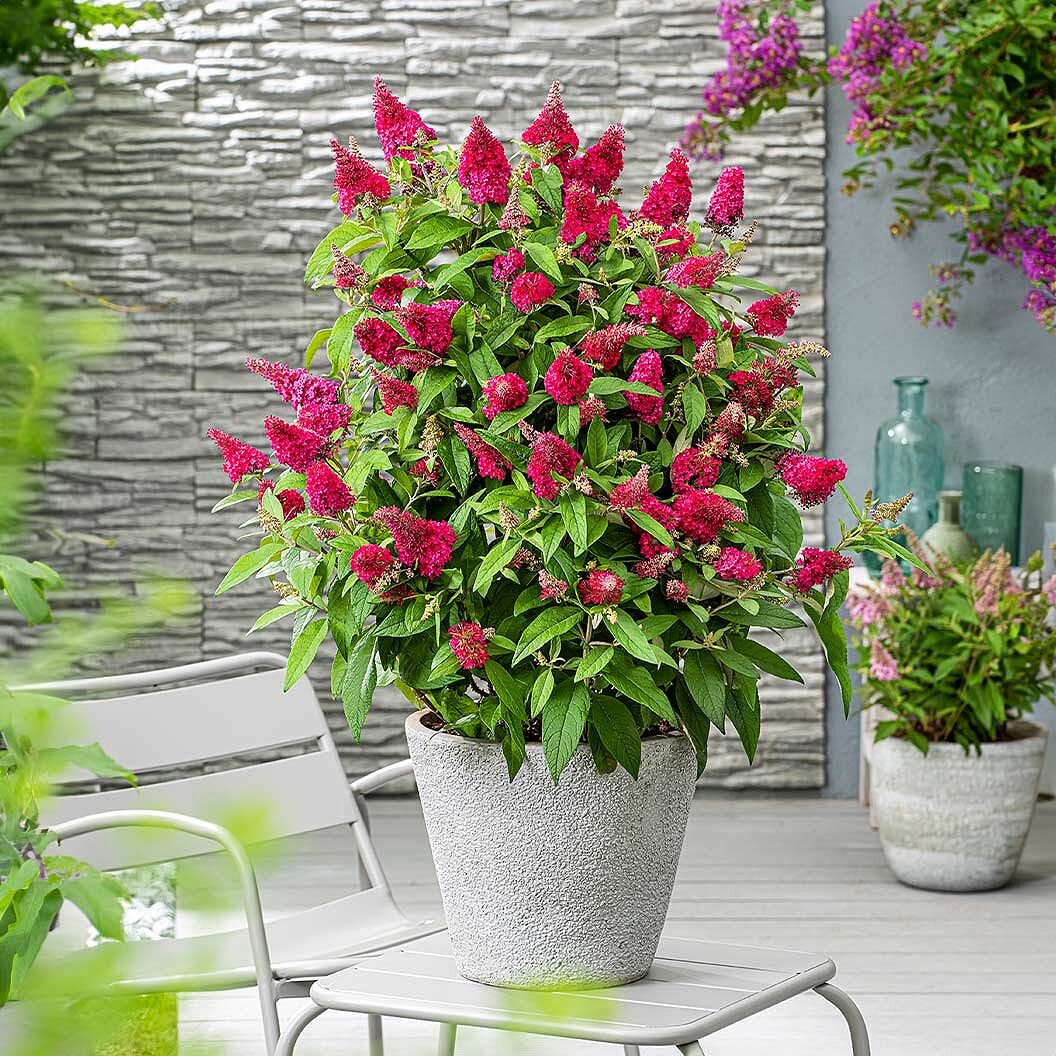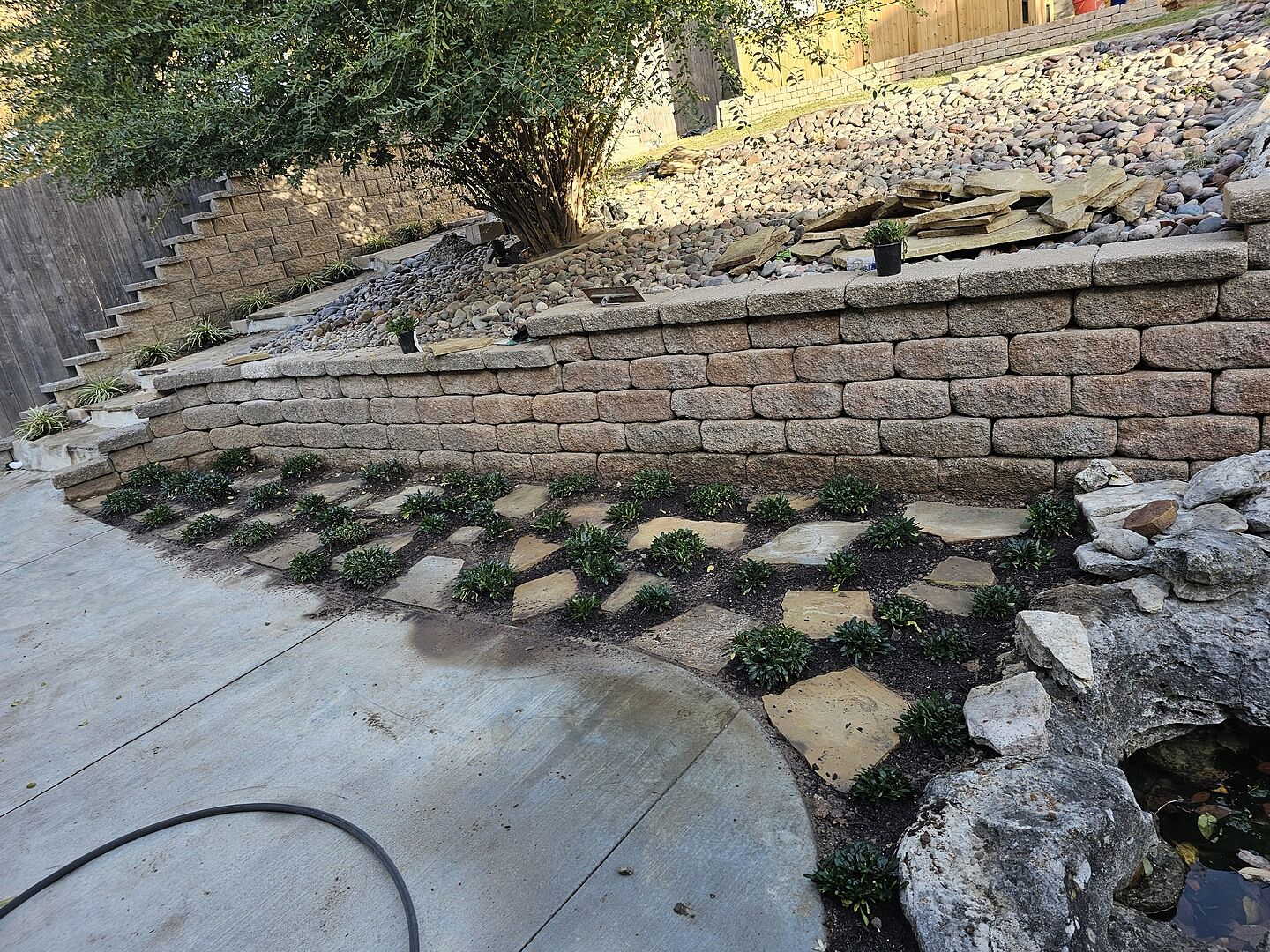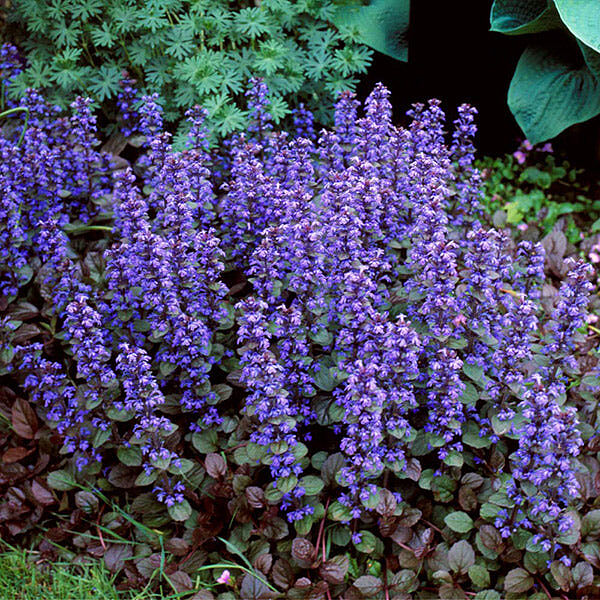Bamboo Trees
Filters
Only items for my growing zone
Zone -
My Location
Only items for my zoneGrowing Zones
Plant Type
Sunlight
Mature Height
Plant Characteristics
Growth Rate

Exotic good looks and fast-growing benefits.
With a great range of uses and a broad selection of habitats, Bamboo is regarded as one of the most beneficial plants you can buy. A woody, perennial evergreen plant, which happens to be part of the true grass family, Bamboo isn't technically a tree, but can grow to towering heights.
How to Plant Bamboo Trees
Though specific directions will vary, knowing your growing zone is important. After you’ve determined your growing zone for your Bamboo, keep sunlight and watering needs in mind. Most will prefer full sun (anywhere from 6 to 8 hours of sunlight per day) and well-drained soil, but make sure you check your tree's specific directions.
Your fertilizing and pruning needs will vary as well, but many of our Bamboo varieties do not require pruning.
When you're ready to plant, select an area with well-drained soil, dig a hole large enough to accommodate the Bamboo’s root ball (along with some extra width for mature growth), place your tree and back fill the hole. Finish by watering the surrounding soil near your trees and mulching to conserve moisture.
When to Plant Bamboo Trees
Generally, we recommend planting in early spring or in fall. Either season is fine, though, provided the ground is not frozen.
Also, it's important to keep spacing in mind. Avoid planting your Bamboo Trees too closely to sidewalks and structures.
How to Prune and Control Bamboo Trees
If you want to control the size or height of your Bamboo Tree and retain its natural look, this can be done by removing new shoots that are significantly larger in diameter so that it will not grow so tall.
Some bamboos are known as "running" bamboos while others are known as "clumping" bamboos that don't spread - running bamboo spreads more quickly and can be considered invasive if not properly controlled. Most new growth occurs during the spring shooting season, so keeping an eye on your bamboo's spread and mowing or cutting any new shoots that emerge where you don't want them will help control its spread. You can also install barriers in the ground around your bamboo to keep it from spreading - or plant it in containers to avoid spreading entirely.






















































